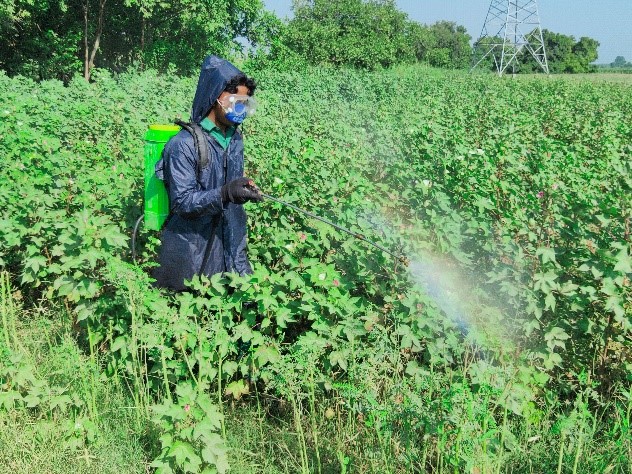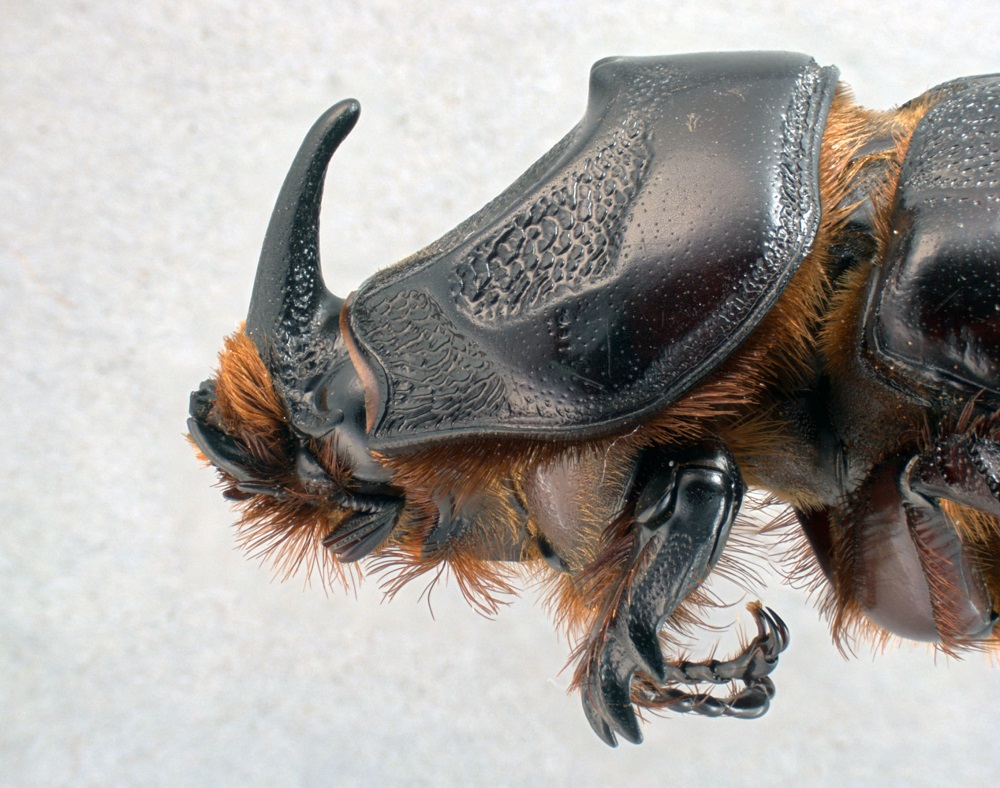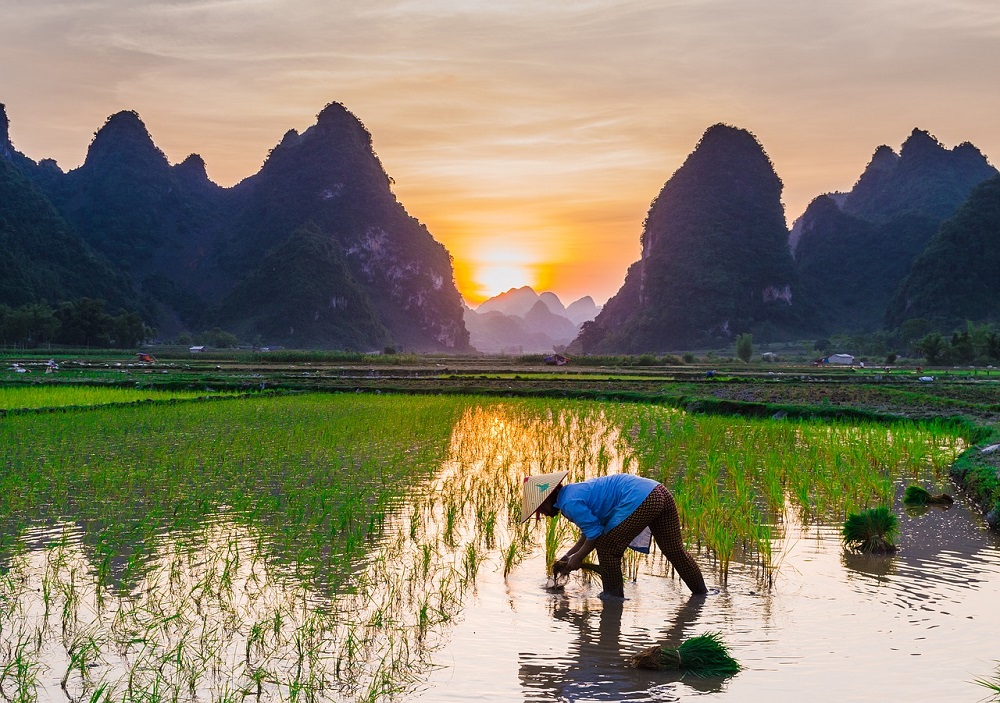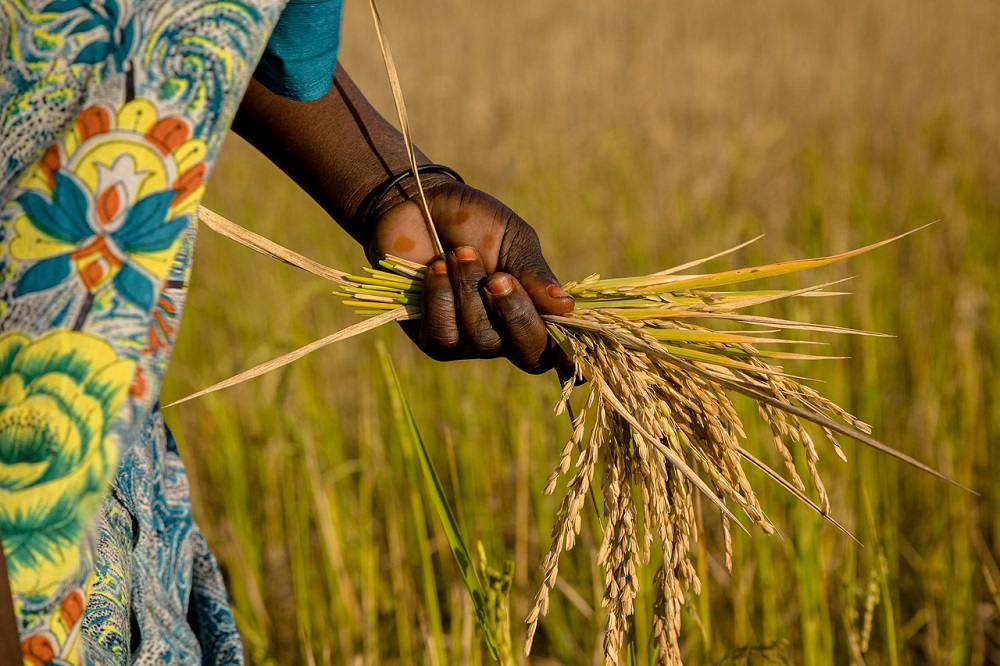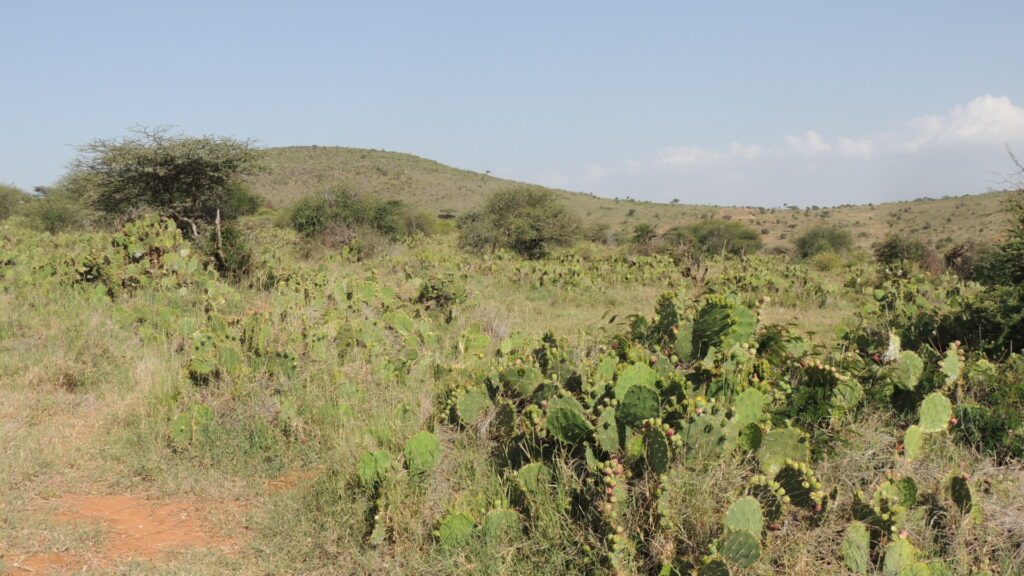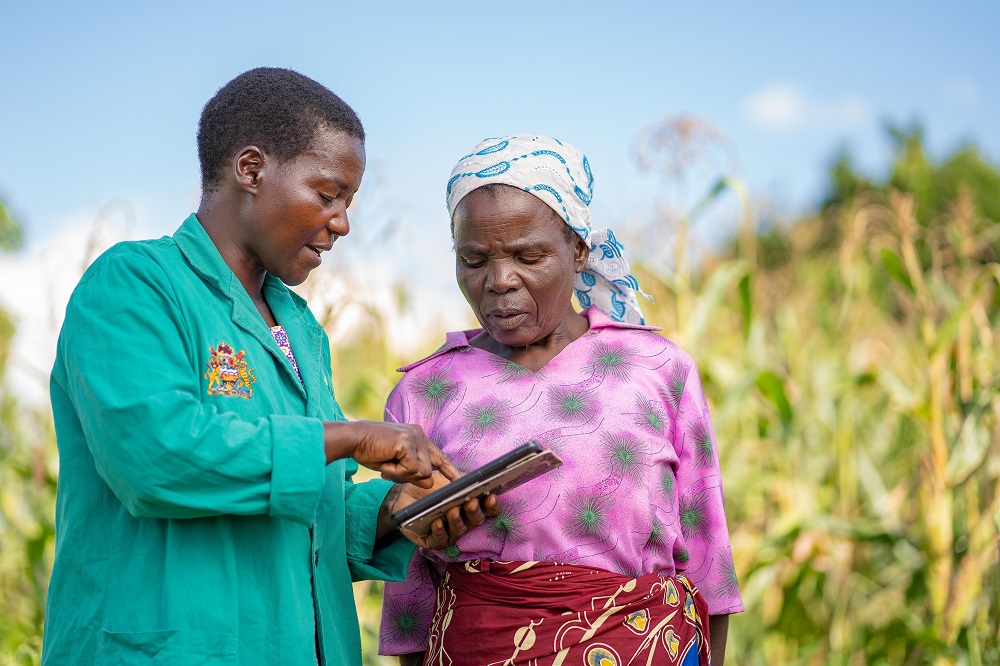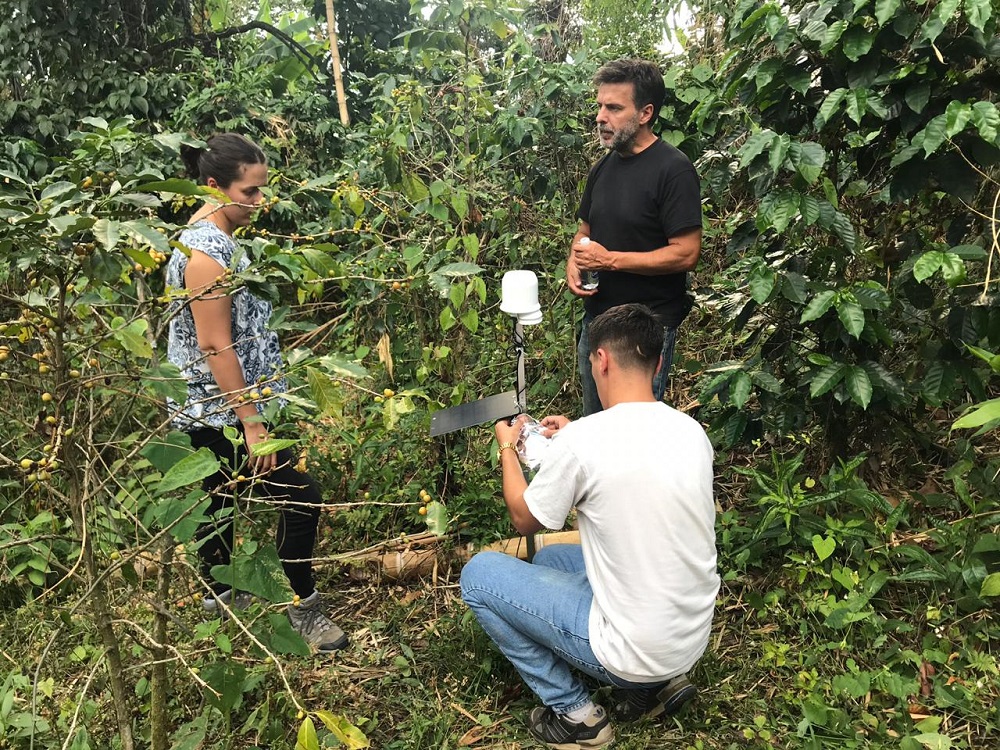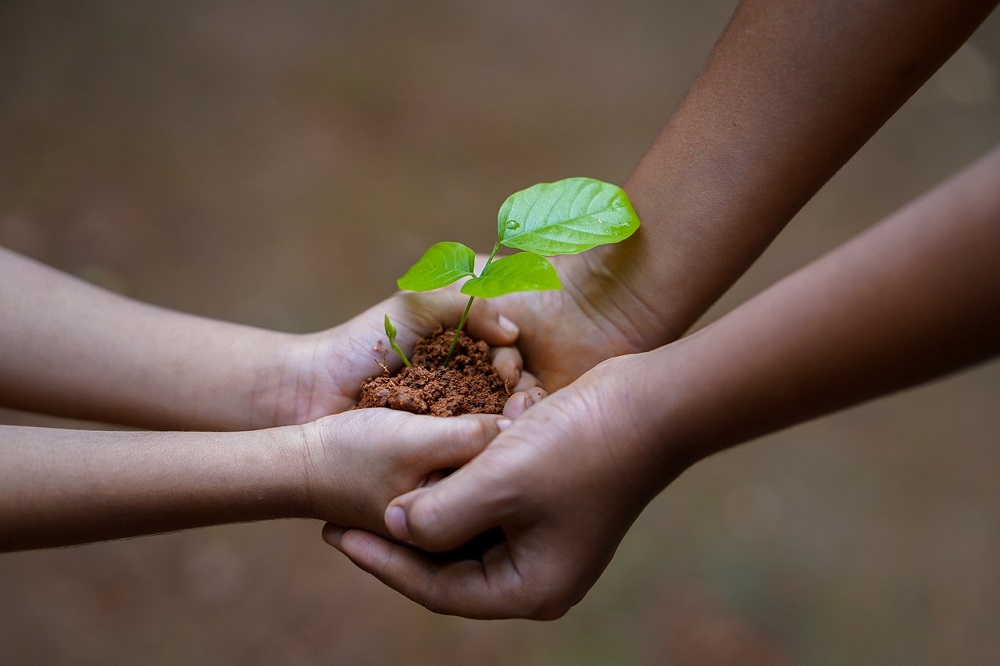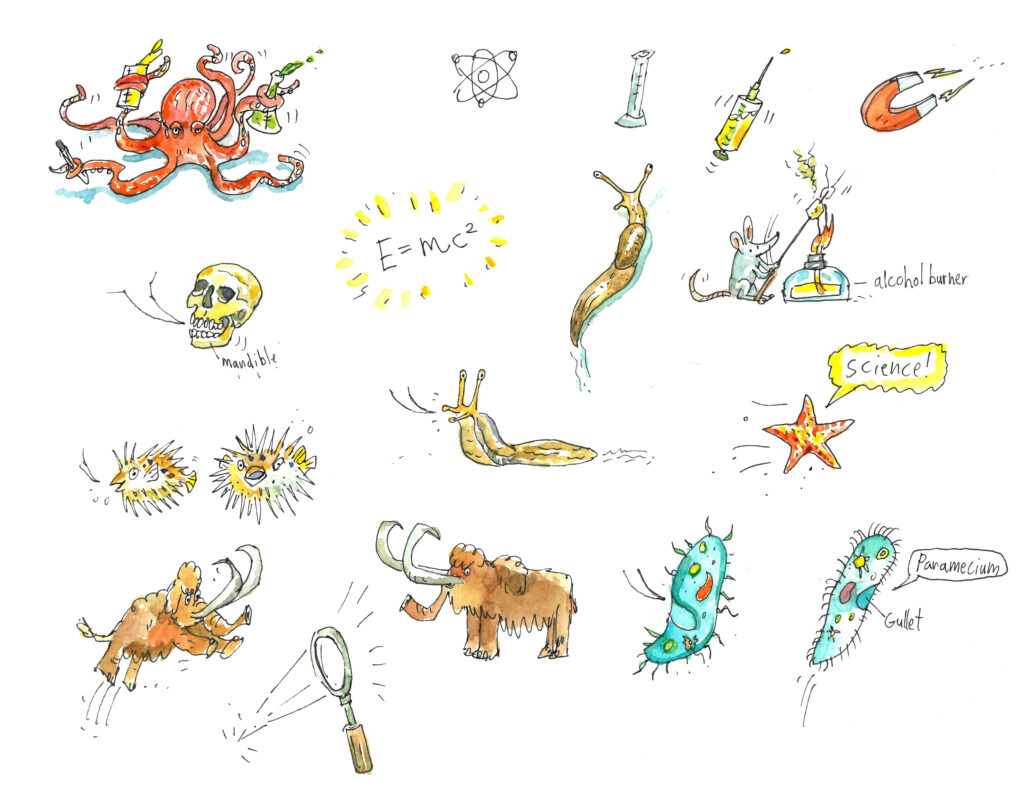CABI Blog
Category: Agriculture and International Development
You are here: CABI Blog
Newly launched searchRxiv builds search community to foster easier, quicker research
December 17, 2021
Rachel Winks
No Comments
This week, CABI launched searchRxiv (pronounced ‘search archive’), our new open-access platform. We created the website to help researchers report, store and share their searches consistently. This helps with the review and re-use of existing searches, making research quicker and easier. searchRxiv is open to everyone. It’s free for researchers to post, comment, download and…
Virtual training workshop on ‘Biopesticides and their Future Prospective for Pakistan’
December 16, 2021
Babar Bajwa, Sabyan Faris Honey
No Comments
CABI’s centre in Pakistan, along with United States Department of Agriculture (USDA) through the financial assistance of United States Agency for International Development (USAID) is currently involved in implementation of a program ‘Regulatory Harmonization in Pakistan for MRLs and Biopesticides’ with the objective to detect and prioritize high-risk pesticides related to increased Maximum Residue Limits…
CABI shares expertise on crop pest and disease importation risks affecting authorities in Philippines
December 14, 2021
Muhammad Faheem, Muzammil Farooq
No Comments
CABI experts Dr Muzammil Farooq, Muhammad Faheem and Dr Annamalai Sivapragasam, shared their expertise as part of a two-day international virtual training on ‘Import Risk Analysis’ for the national regulatory authorities of Philippines government organized by WINROCK International in Philippines.
CABI at COP26
December 13, 2021
Jonathan Casey
No Comments
Some may wonder, yet again, where agriculture was at COP26. Despite agriculture being the sector most vulnerable to climate change impacts particularly in low-income countries, and globally is one of the largest contributors to greenhouse gas emissions, it remains side-lined from the main negotiations.
High-level discussion hears of ‘devastating scenario’ for global food system
November 30, 2021
Wayne Coles
No Comments
A high-level discussion, which explored how the COVID-19 pandemic has affected food security for millions of people around the world, has revealed how hikes in oil prices, conflicts, emerging diseases, poor governance, and disruption in supply chains have come together to create a potentially ‘devastating scenario’ for the global food system. An online panel hosted…
Carbon sequestration in Africa at the expense of livelihoods and biodiversity
November 15, 2021
Arne Witt
No Comments
By Dr Arne Witt, CABI Africa According to the World Resources Centre, Africa accounts for only 2–3 percent of the world’s carbon dioxide emissions from energy and industrial sources. In fact, Africa’s per capita emissions of carbon dioxide in the year 2000 were 0.8 metric tons per person, compared with a global figure of 3.9…
Digital extension and advisory services for farmers amid COVID-19 come under the microscope
November 12, 2021
Wayne Coles
1 comment
The challenges of using digital tools as part of extension and advisory services to help empower small and family farmers amid the COVID-19 pandemic have come under the microscope in a joint webinar hosted by the Food and Agriculture Organization of the United Nations (FAO) and Agrilink.
Invasive Species Management – a nature-based solution for climate and environment
November 11, 2021
Jonathan Casey
No Comments
The UK is hosting the 26th UN Climate Change Conference of the Parties (COP26) in Glasgow from 31 October to 12 November 2021. This is the final article in a series of four blogs by Jonathan Casey, Climate Change Manager at CABI, in support of CABI’s involvement at the event.
Life in Earth – Soil microbes are key to achieving net zero
November 10, 2021
Wayne Coles
No Comments
CABI contributes to COP26-focused article by members of UK microbiome innovation community, on critical role of soil microbiome in achieving net zero. Today, CABI, and other members of the UK’s microbiome innovation community announced the publication of a COP26-focused statement on the critical role of the soil microbiome in climate change and how it could contribute…
Writing a good title is the best way to improve your paper
November 9, 2021
Bruce Kirchoff
No Comments
The titles of scientific papers are often ineffective. Such titles introduce the subject of the paper but fail to tell the reader the main finding. They only draw the interest of those who already work in the same area, and do not engage wider interest. Fortunately, it is easy to correct these problems, engage your…
Subscribe to blog
DISCLAIMER
Views expressed in contributions do not necessarily reflect official CABI positions.
Archives
Categories
- Agriculture and International Development
- Veterinary and Animal Sciences
- Climate change and biodiversity
- Publishing
- Value chains and trade
- Crop health
- Environmental Sciences
- Human Sciences
- Tourism, Hospitality and Leisure
- Food and nutrition security
- Plant Sciences
- Gender and youth
- Digital development
- Development communication and extension
- Economic development
- Invasive species
- CABI Bioservices
- One Health



